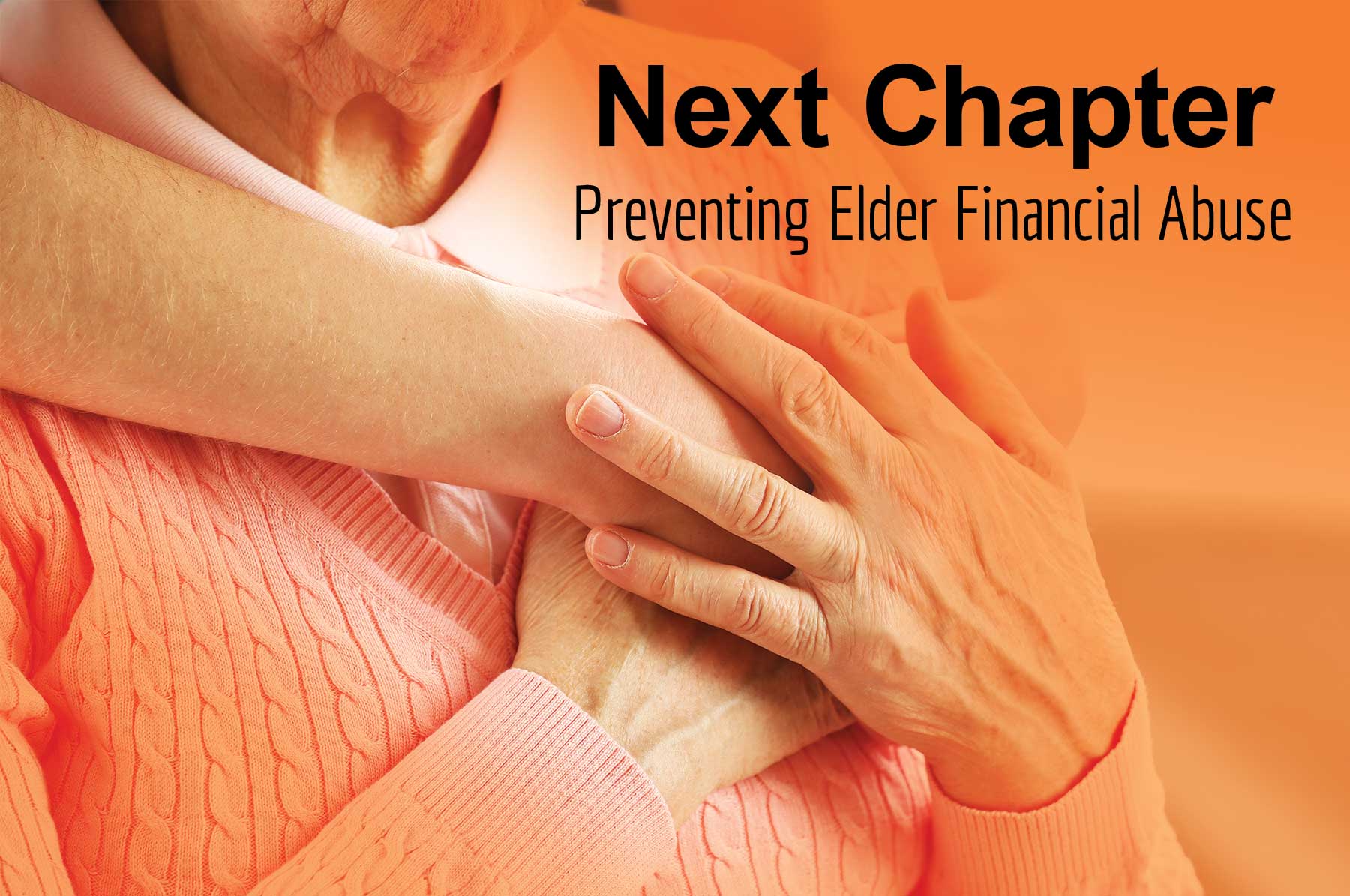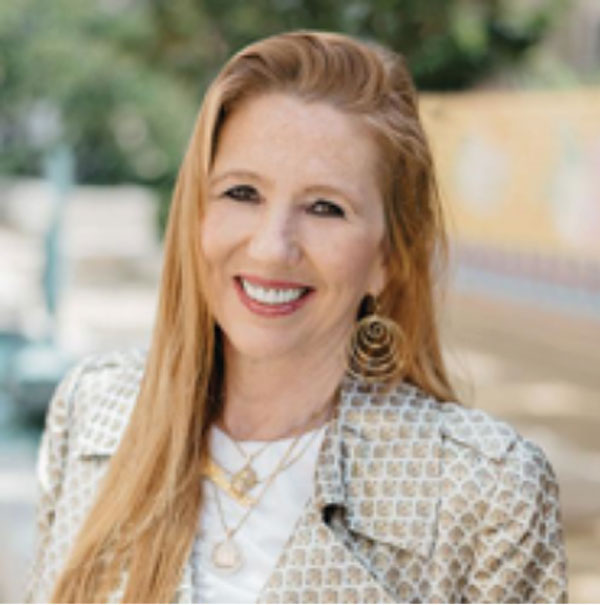
Protecting the Growing Older Population
from Financial Abuse
by Desiree Patno
The U.S. Census Bureau recently released findings on the rapidly growing older population, of adults ages 65 and older. Due to a trend of lower birth rates and longer life spans, the growth of the older population now exceeds the total population and the population of citizens under the age of 65.
The average life expectancy at birth in 2011 was 78.7 years, and 72 million Americans are estimated to be 65 years or older by 2030. As the share of the older population grows, more individuals will become vulnerable to elder financial abuse.
Elder Abuse
Elder abuse is a worldwide, and often silent, issue affecting the older population in various forms, including financial, physical, psychological and sexual abuse, and neglect. According to the World Health Organization (WHO), 15.7 percent of people 60 years and older experience abuse, while only 4 percent of these instances are reported. The aging population is increasing rapidly in countries across the globe, and only 40 percent of countries have a national plan in place to address elder abuse.
Elder abuse is often committed by people who are in a position of trust, including family members and health care workers. About 90 percent of abusers are family members. From scams and theft of property and real estate portfolios to emotional and physical abuse, the aging population is vulnerable to numerous threats to their quality of life.
Scams & Financial Abuse
Over $30 billion a year is estimated to be lost annually due to elder financial abuse, fraud or scams. Elder fraud is a growing problem, leaving destroyed relationships and economic destruction in its wake. This number is likely higher as according to the National Adult Protective Services Association, only one in about 44 cases is reported.
From straightforward theft to slow development through complex relationships, the tremendous loss of wealth incurred by senior citizens results in premature deaths and intergenerational loss of wealth. It ultimately rips at the fabric of society as a whole as trust among family members and faith in financial institutions are destroyed.
In a study published last year by the American Journal of Public Health, David Burnes, Ph.D., and a team of researchers conducted a meta-analysis of financial fraud and scams among older adults in the U.S. concluding that 1 in 18 “cognitively intact,community-dwelling” older adults each year is affected by financial fraud.
In February 2018, the United States Justice Department indicted 250 people around the world on elder fraud and financial abuse whose crimes resulted in losses of more than a half-billion dollars from over a million victims. It was the largest coordinated sweep of its kind in U.S. history.
Baby Boomers Fast Becoming Targets
The ABA Foundation of the American Bankers Association estimates that seniors lose $2.9 billion per year due to financial fraud, a much lower number than the upwards of $36 billion per year loss often cited. The problem of underreporting may change as awareness brings the stigma of reporting abuse to light. With our population increasingly getting older, we cannot afford to turn a blind eye.
The National Institute on Aging reports average life expectancy at birth in 2011 is 78.7 years and 72 million Americans are estimated to be 65 years or older by 2030. A good portion of those reaching into their sixties and seventies in the next decade are Baby Boomers born roughly between 1945-1964.
Effects on Mental & Physical Health, and Quality of Life
A 2016 University of Chicago study found a direct association between financial and physical health, discovering financial mistreatment indicates more difficulties with activities of daily living and increased decline of chronic conditions. The conclusion: financial abuse compromises physical well-being and reduces the chance of independent living in late life.
Elder abuse has lasting, and sometimes fatal, physical and psychological effects, according to WHO. Physical effects can include injuries, lasting disabilities and worsened health conditions, while anxiety, loneliness, and loss of dignity, trust and hope are potential psychological effects of being abused. A U.S. study, conducted over 13 years, reported that victims of elderly abuse were twice as likely to die compared to older people who did not report abuse.
Next Chapter: Improving the Lives of Our Loved Ones
Now is the time where cooperation and coordination between advocacy groups, government entities, and financial institutions becomes critical. As the more significant impact of elder financial abuse comes to light and its adverse affect all levels of society, institutions need to take up the call to make reporting and oversight easier,
It’s crucial, because of the insidious nature of financial abuse we not only develop awareness but take action: for our parents, our future selves and children. Women, in particular, are vulnerable due to a longer lifespan and a pervasive gender pay gap. Income women make now has to stretch further later in life.
As housing industry professionals we care about the well-being of our clients who have a life’s work invested in their home and savings. As community members we care because seniors help enrich our communities; their life-experience and insights add to the diverse voices shaping our society. As family members, we care because it hurts to see the deepest desires of our mothers, fathers, aunts, and uncles destroyed from the outside or the inside. Financial elder abuse is a problem desperately in need of solutions.
The public, family and caregivers, the health sector, and researchers can all be a part of the solution to give voice to this underrepresented issue and prevent further elder abuse of any form.
NAWRB’s Next Chapter will assist people over 55 years old to prevent financial abuse before it happens. Next Chapter aims to ensure proper healthcare is in place and assistance from local programs is obtained if needed. Then, seniors can have help reviewing their insurance policies, real estate, and financial portfolios, ensuring the protection of their assets.

Author: Desiree Patno, CEO & President, NAWRB
Desiree Patno is the CEO and President of Women in the Housing and Real Estate Ecosystem (NAWRB) and Desirée Patno Enterprises, Inc. (DPE), Advisor for AmicusBrain—AI for Reimagining Dementia Care, and a National Speaker. With almost three decades specializing in the Housing and Real Estate Ecosystem and owning her own successful brokerage, she leads her executive team’s expertise of Social Impact, Gender Equality and Access to Capital, and provides personalized advisory services to the Real Estate and Family Office community.
The Landy Agency is a national leader in providing non-medical, professional liability and cybercrime insurance for accountants, attorneys, and real estate professionals. John can be reached at 781‐292‐5417 or johnt@landy.com. Visit www.landy.com for more information.
If you are an insurance producer looking to register with us or obtain coverage for your client, please visit Partner Resource Center for information.
